Three Billboards Outside Ebbing, Missouri may well prove to be idiosyncratic indie auteur Martin McDonagh’s masterpiece. It’s certainly the best film he’s released to date, and if he’s got a better one in him, I’ll eagerly cough up the dough for a ticket. While I’m a fan of In Bruges and Seven Psychopaths, Three Billboards makes a case for McDonagh as a mature filmmaker — it’s a poignant meditation on the lengths to which people will go when confronted with loss and grief, and yet it maintains the sardonic wit and subversive charm that defined the writer/director’s earlier works. It’s a delicate balance that requires a deft touch, and McDonagh pulls it off flawlessly.
If there’s anything wrong with Three Billboards, it’s that it’s a difficult movie to talk about without giving too much of the plot away. The story’s inciting incident — the procurement of the titular billboards by a grieving mother (Frances McDormand) to pressure a small-town police chief (Woody Harrelson) into solving the cold case of her teen daughter’s rape and murder — is only part of what makes McDonagh’s script so remarkable. It’s pretty straightforward, as far as such setups go, but what McDonagh’s really after here is something much more complex and challenging. The crime at the core of Three Billboards almost approaches MacGuffin levels of extraneity, setting the stage for its characters to spew misdirected rage at each other with violence, vitriol and pitch-black hilarity.
The difficulty of capturing the subtle tonal shifts that make Three Billboards such a great film would likely have proven insurmountable had McDonagh not rallied such an impressive cast to realize his vision, and the performances are pitch-perfect across the board. Harrelson is in top form, bringing his dry humor to a character that serves a pivotal structural function. Sam Rockwell delivers a career-best turn as a dimwitted deputy who may have more going on upstairs than his racist Barney Fife persona might suggest. Peter Dinklage is also exceptional in a small but central role, but singling out just a few cast members for accolades does a disservice to this stellar ensemble. McDormand, however, is the real scene stealer — this is easily her best performance since Fargo and may even surpass that. If she doesn’t take home an Oscar for this film, I might have to rent some billboards of my own.
I would be remiss if I failed to note that Three Billboards bears the added benefit of having been shot in Western North Carolina, and seeing many a recognizable vista or storied locale from my youth certainly contributed to my enjoyment of the film — but had it actually been shot in Missouri, I can’t imagine that my opinion of the work would be significantly altered. It’s a story strongly grounded in character with a surprising degree of empathy for not only its strong protagonist but also those in her orbit. It’s effectively a humanist film from a writer/director I would previously have considered nearly nihilistic. More importantly, it accomplishes what every great work of art sets out to achieve — it evokes an emotional response from the audience that will prompt questions about how we relate to others, and ourselves, in our darkest moments. Rated R for violence, language throughout, and some sexual references. Now Playing at Carolina Cinemark, Fine Arts Theatre.



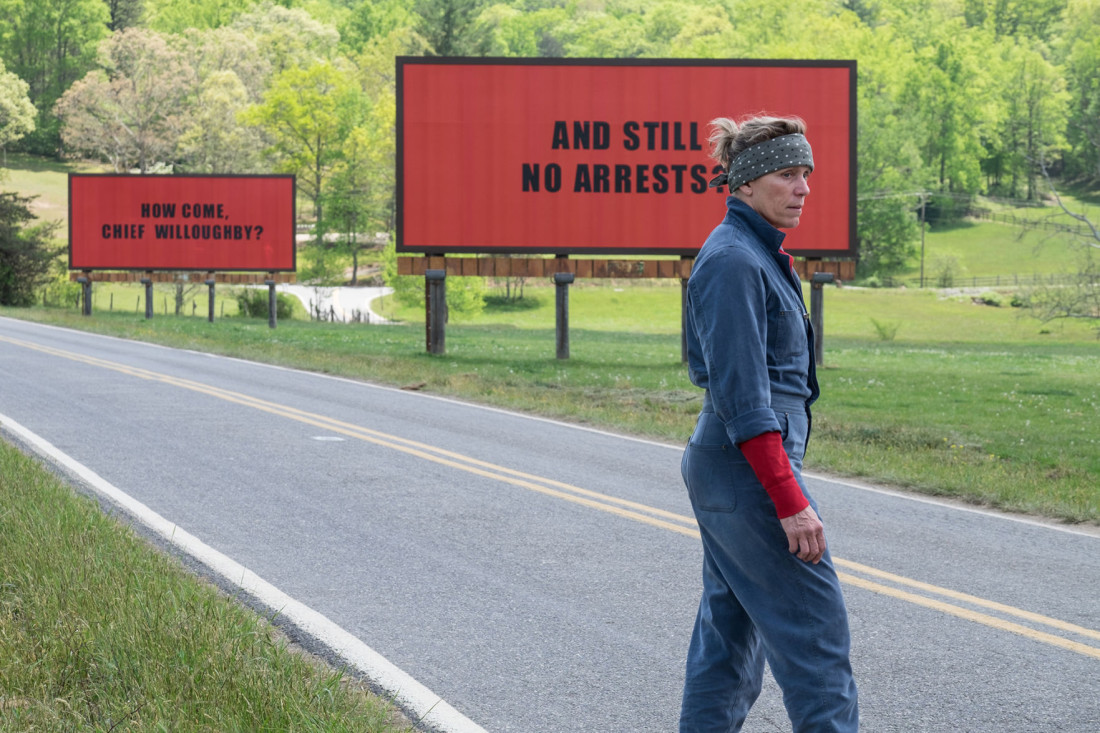
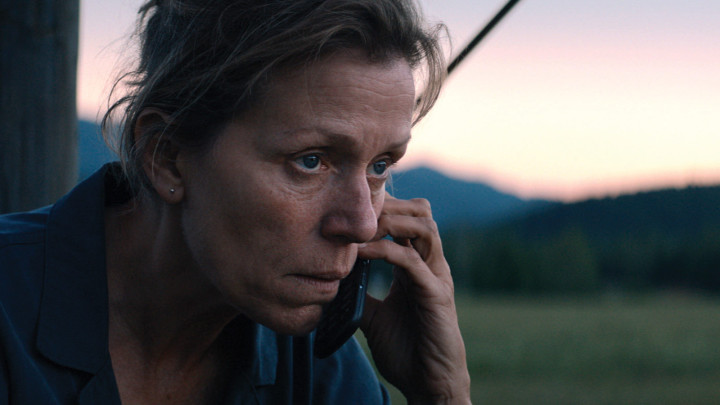
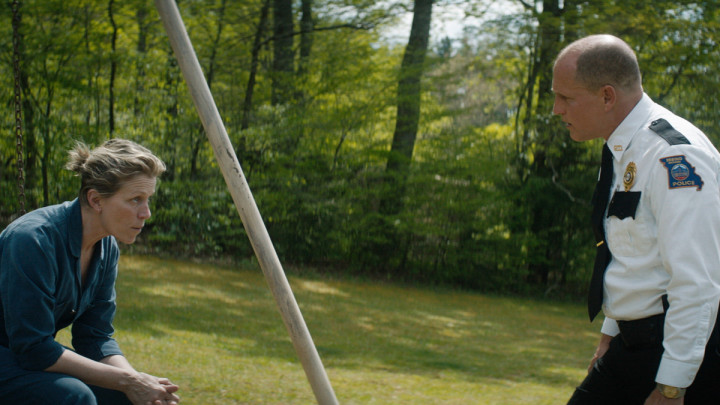
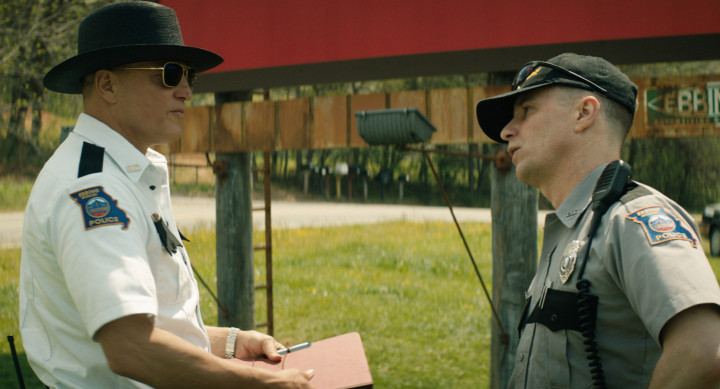
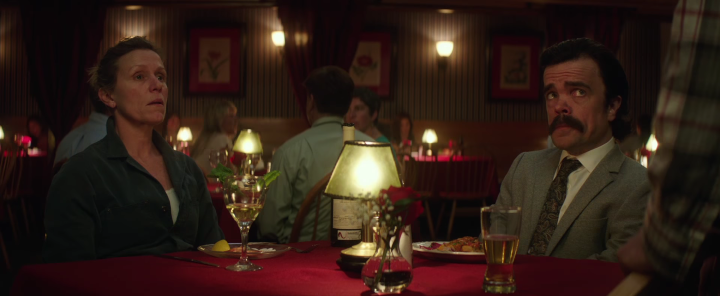
Before you comment
The comments section is here to provide a platform for civil dialogue on the issues we face together as a local community. Xpress is committed to offering this platform for all voices, but when the tone of the discussion gets nasty or strays off topic, we believe many people choose not to participate. Xpress editors are determined to moderate comments to ensure a constructive interchange is maintained. All comments judged not to be in keeping with the spirit of civil discourse will be removed and repeat violators will be banned. See here for our terms of service. Thank you for being part of this effort to promote respectful discussion.